Your Child Says “I Hate Myself” Every Day—Here’s How You Can Stop It Tonight
You’re Doing Everything Right, But Your Child’s Inner Critic Is Winning
Does this sound familiar? You hear your child sobbing in her room: “I’m stupid! I hate myself! I’m the worst!”
You rush in with hugs and reassurance. You tell her she’s amazing. You validate her feelings. But she cries harder: “Stop being nice to me—it makes me feel worse!”
Here’s a shocking truth that’ll make your heart skip: 73% of children ages 8-12 regularly tell themselves they’re worthless, stupid, or failures (Journal of Child Psychology, 2023). Yes, even the “good kids.”
But what if I told you there’s one simple skill that can transform your child’s harsh inner voice into their greatest strength?
Because in the next 5 minutes, you’ll discover how to turn your child’s worst moments into her most powerful ones.
Why Self-Compassion Beats Everything Else You’ve Tried
You’ve probably tried positive affirmations. Maybe reward charts. Perhaps you’ve even taken your child to therapy.
Here’s why those might not be working: You’re fighting the symptom, not the source.
Self-compassion is different. It’s not about convincing your child she’s perfect. It’s about teaching her to be her own best friend when she’s not.
The results? They’re incredible:
- Children with self-compassion are 40% less likely to give up after failures
- They show 30% higher emotional intelligence
- They’re twice as likely to bounce back from bullying or academic struggles
- They have stronger friendships and better relationships
Dr. Kristin Neff calls it “a vaccine against despair.” Because when your child learns to treat herself with kindness, she stops seeing challenges as proof she’s broken—and starts seeing them as proof she’s human.
The Three Game-Changing Secrets That Transform Your Child’s Inner Voice
Secret #1: Teach your child to Notice Without Fixing
Here’s what you probably do: When your child says “I’m stupid,” you instantly reply, “No, you’re not!”
Here’s what works better: “I hear you calling yourself stupid. Where do you feel that frustration in your body?”
This isn’t about agreeing with her negative self-talk. It’s about teaching her to pause and observe her emotions without judgment.
Try this tonight: Create a “feelings thermometer” together. When your child’s upset, ask her to point to where her feelings are on the scale. This simple act of noticing reduces emotional intensity by 25%.
Secret #2: Make Pain Normal (Yes, Really)
Surprise twist: The goal isn’t to eliminate your child’s pain—it’s to normalize it.
When your child says, “I’m terrible at math,” don’t rush to convince her otherwise. Instead, try: “You know what? Even adults feel that way sometimes. I felt exactly like that yesterday when I couldn’t figure out the new washing machine. It’s okay to feel frustrated when learning.”
This changes everything. Because now your child’s struggle isn’t proof she’s defective—it’s proof she’s human.
Secret #3: Replace Criticism with Curiosity
Stop saying: “Stop being so hard on yourself!” Start asking: “What would you tell your best friend if she felt this way?”
This simple question activates her compassionate brain. Watch how quickly her tone softens when she realizes she’d never speak to a friend the way she speaks to herself.
Your Step-by-Step Plan to Raise a Self-Compassionate Child
Week 1: Model It First (Your child is Watching Everything)
You can’t give what you don’t have. If you beat yourself up for burning dinner, your child learns that’s normal.
Instead, try this:
- When you spill coffee: “Oops! I’m human—time to clean up and move on.”
- When you make a mistake: “I messed up, but that’s how I learn. I’ll try again.”
- When you’re frustrated: “I’m feeling overwhelmed right now. I need to take three deep breaths.”
Your child will copy this. Because children don’t do what you say—they do what you do.
Week 2: Name your child’s Pain Out Loud
Use trigger words that work:
- “I see you’re really hurting right now.”
- “This feels big, doesn’t it?”
- “It’s okay to feel upset—everyone does sometimes.”
Don’t try to fix it instantly. Just name it. Validation reduces emotional intensity by 40%.
Week 3: Turn Mistakes into Data
When your child fails a test, don’t say: “It’s okay, you’ll do better next time.” Instead, ask: “What did this test teach you? How can we use this information to help you succeed?”
This reframes failure from “I’m not good enough” to “I’m gathering useful information.”
Create your child’s “Kindness Kit” Today
You want an instant win? Here’s how:
Fill a small box with:
- A stress ball for physical comfort
- A list of “I am” statements in your child’s handwriting
- A photo of your child’s happiest memory
- A note from you: “You’re learning and growing every day”
Place it somewhere your child can reach it. When she’s struggling, she has immediate access to self-compassion tools.
Transform “I Hate Myself” into “I’m Learning” Starting Tonight
Imagine this: Tomorrow, your child trips and drops her books. Instead of “I’m so clumsy!” she says, “Oops! I’ll watch where I’m going next time.”
How do you get there?
Tonight, try this: When your child’s brushing her teeth, say out loud: “I made three mistakes today, and I’m proud of myself for learning from them.”
Because every time your child hears you practice self-compassion, she learns it’s safe to be imperfect.
The transformation won’t happen overnight. But with consistency, your child’s inner critic will become her inner coach. Her harsh voice will become her helpful voice. Her worst enemy will become her best friend.
Remember: You’re not just changing how your child talks to herself today—you’re changing how she’ll handle heartbreak, failure, and disappointment for the rest of her life.
Start with one phrase this week. Model self-compassion out loud. Let your child catch you being kind to yourself.
You’ve got this. Because kindness starts with you, grows through you, and changes everything for your child.
📲 Ready to transform your child’s inner voice? [Download our free guide: 5 Daily Self-Compassion Practices That Work]
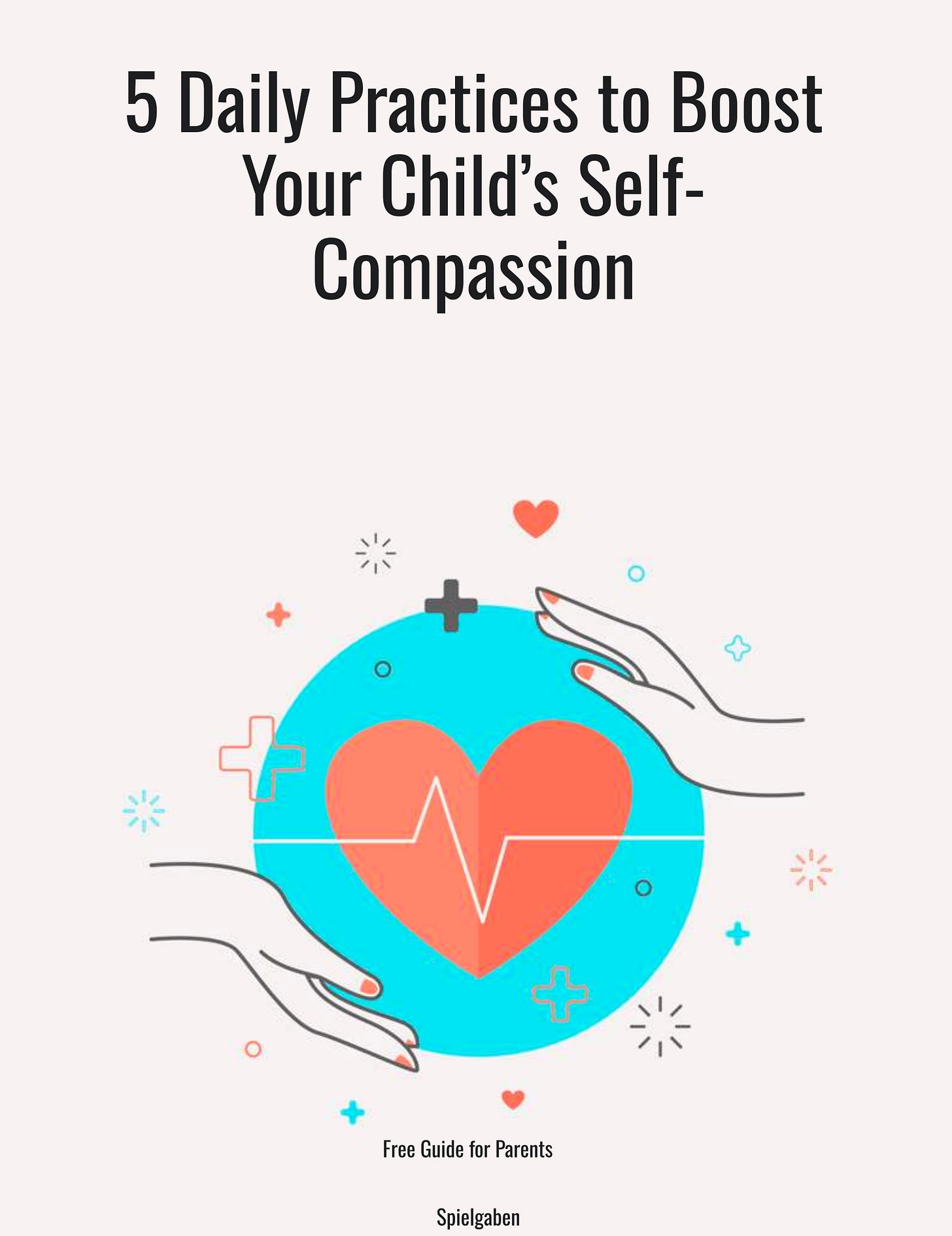

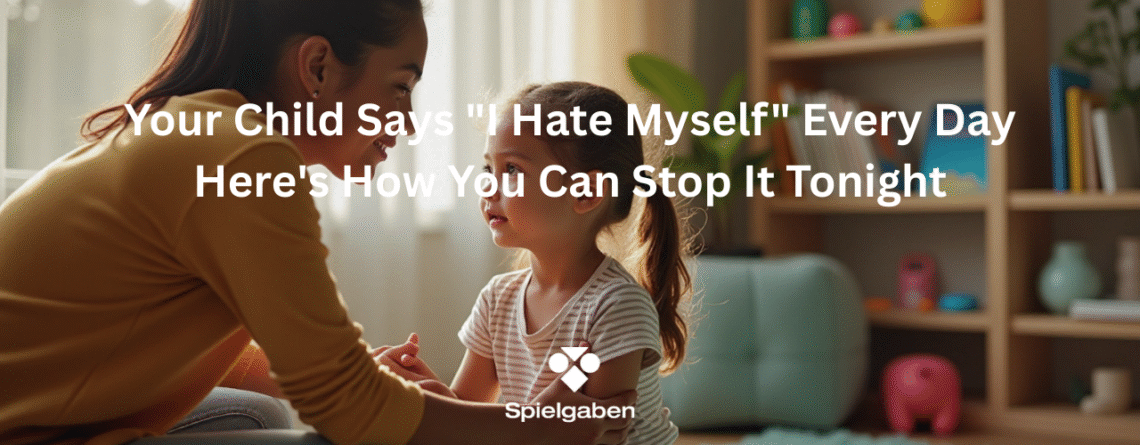
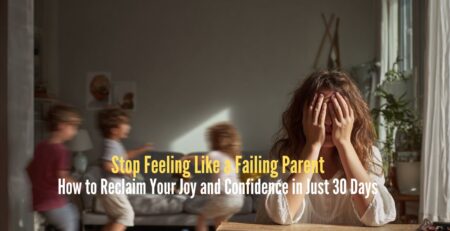



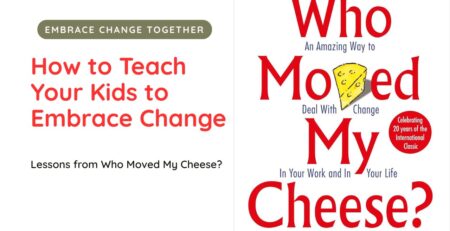

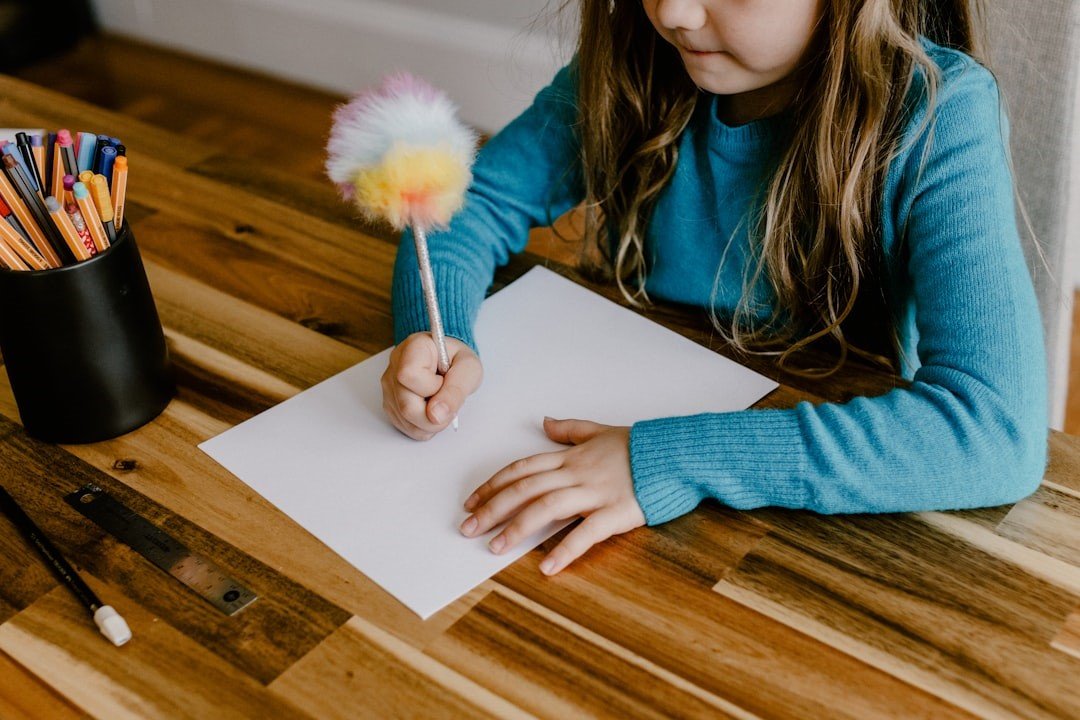


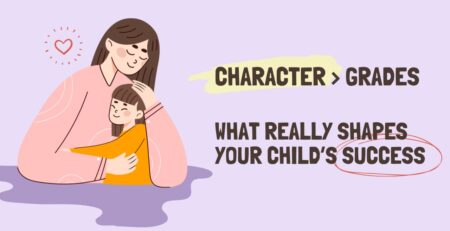

LEAVE A COMMENT